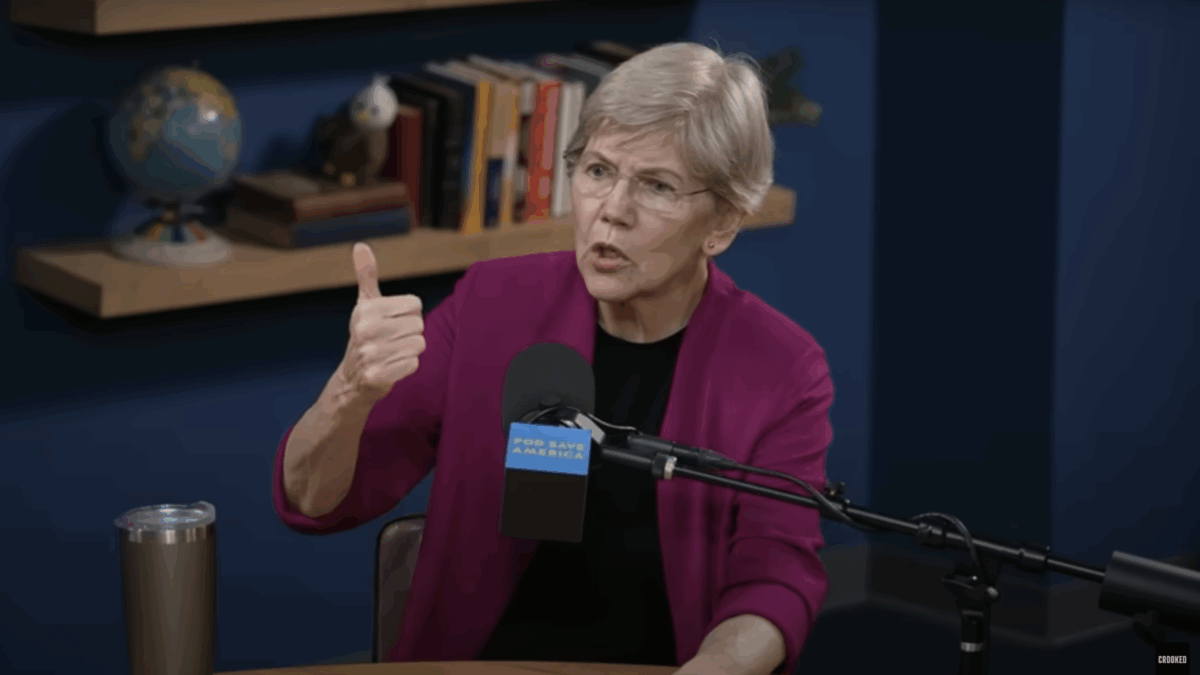Broadcasters have faced pressure from Democratic lawmakers regarding their decision to not air Jimmy Kimmel Live! after controversial remarks made by the host. This situation has sparked a debate over free speech and the role of government in influencing media content.
Explainer Democrats Threaten Broadcasters Amid Kimmel Controversy
The controversy began when Kimmel made statements about Charlie Kirk, which some broadcasters deemed unacceptable. In response, Democrats, including Senators Elizabeth Warren, Ron Wyden, Ed Markey, and Chris Van Hollen, have threatened to take action against media companies that refuse to reinstate Kimmel’s show. They argue that these companies are undermining free speech rights and potentially violating federal laws.
In a letter addressed to Nexstar Media Group Chairman Perry Sook, the senators accused the company of “eroding First Amendment freedoms” and suggested that their actions could create the appearance of a quid-pro-quo arrangement that might violate anti-corruption laws.
Warren stated, "Broadcasters that refuse to air Kimmel’s show are not only complicit in an alarming trampling of free speech rights but also risk running afoul of federal law."
Despite Disney's support for Kimmel, Sinclair and Nexstar confirmed that they would not air the show on their 66 ABC affiliate stations. This decision led to renewed scrutiny from Kimmel’s supporters, who previously criticized Federal Communications Commission (FCC) Chairman Brendan Carr for his stance on the matter.
Critics of the Democrats' approach have pointed out that broadcasters are not legally obligated to air specific content. They argue that the pressure from lawmakers constitutes an attempt to influence media decisions through intimidation.
California State Senator Scott Weiner expressed his discontent with Sinclair, saying he “can’t wait to break Sinclair up,” indicating a willingness to pursue regulatory changes against the company.
The situation has raised questions about the balance between free speech and regulatory oversight. Some media commentators have labeled the actions of the Democratic senators as a form of “jawboning,” which refers to using authority to pressure for a desired outcome.
In a broader context, this incident reflects ongoing tensions between media outlets and political figures. The debate over Kimmel's remarks and the subsequent actions from Democrats highlight the complexities of media freedom and governmental influence.
As the situation develops, it remains to be seen how broadcasters will respond to the threats from lawmakers and whether Kimmel’s show will return to the airwaves. The implications of this controversy could have lasting effects on media operations and political discourse in the United States.
Why it matters
- Democratic lawmakers are pressuring broadcasters over free speech concerns related to Kimmel's remarks, highlighting tensions between media and politics.
- The controversy raises questions about the role of government in influencing media content and potential violations of federal laws.
- Broadcasters' decisions not to air Kimmel's show could set a precedent for future media censorship and regulatory scrutiny.
What’s next
- Democratic senators may pursue regulatory changes against broadcasters that refuse to air Kimmel's show.
- Broadcasters face potential legal challenges if they do not comply with lawmakers' demands regarding Kimmel's return.
- Kimmel's supporters are likely to continue advocating for his reinstatement on air, increasing public pressure.

